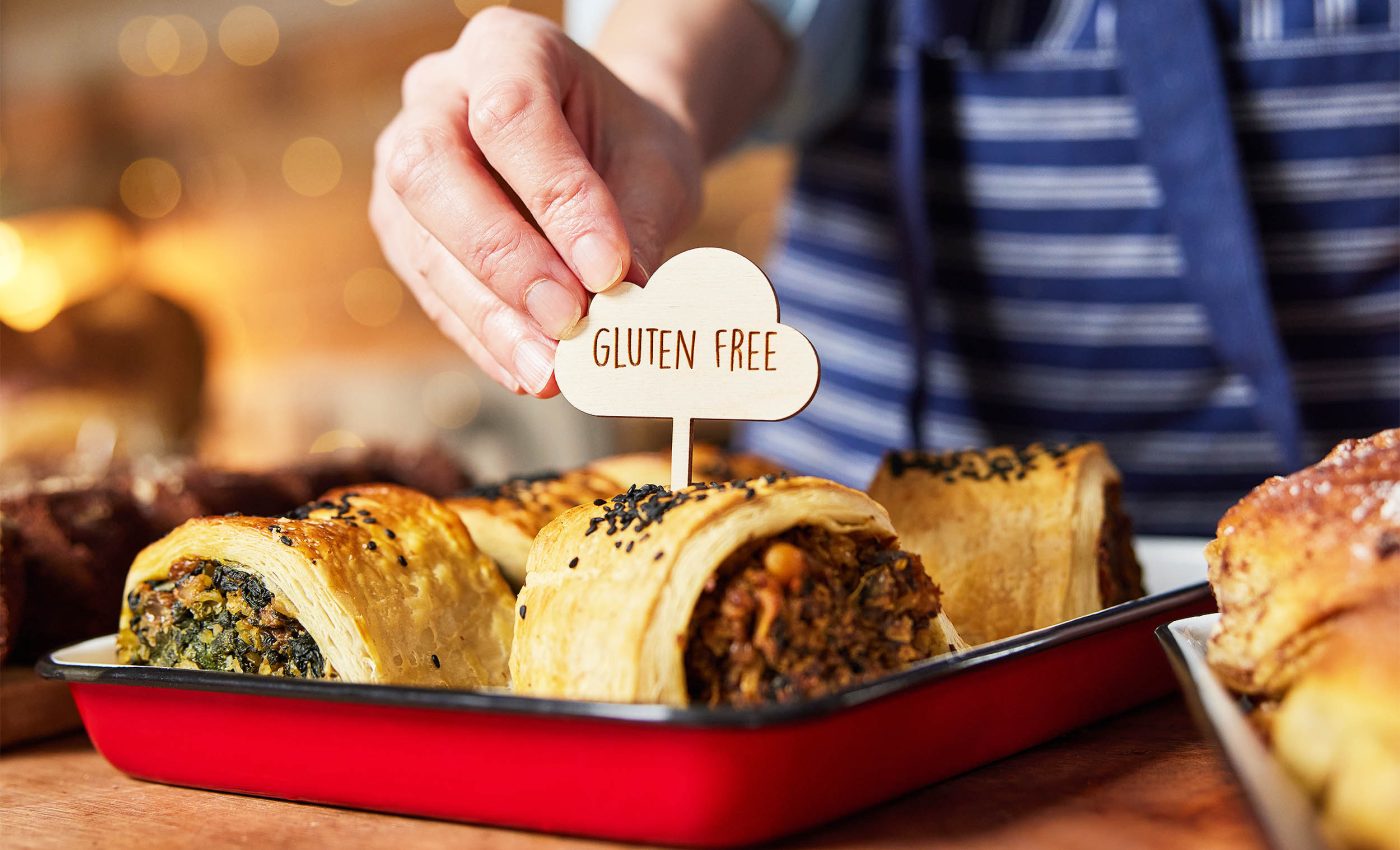
Study claims that gluten intolerance is psychosomatic and not the cause of IBS
Plenty of people with irritable bowel syndrome (IBS) eyeball the bread basket like it’s a minefield. Many swear that a single crumb of gluten or wheat will balloon their abdomen or send them racing to the restroom.
A new controlled trial from McMaster University hints that the real culprit may be expectation, not gluten molecules. The finding lands in a country where roughly one-in-ten Canadians live with IBS.
Belief affects gut more than gluten
“Not every patient who believes they are reacting to gluten actually does,” explained Premysl Bercik, a senior investigator and study co-author from the Department of Medicine at McMaster University. He and his colleagues designed a cereal bar challenge that separated perception from physiology.
Participants cycled through three bars that looked and tasted identical: one packed with purified gluten, one with whole grain wheat, and one completely free of both. Only after the study ended did they learn which week featured which bar.
Symptom logs revealed no statistical difference among the three bars. The sham snack triggered just as many bad gut days as the wheat laden versions, undermining the assumption that gluten is uniquely sinister.
When the blindfold came off, most volunteers still insisted wheat was toxic and vowed to stay gluten free. That disconnect between data and conviction hints at a powerful role for learned fears.
Cereal bar test found no link to gluten
Lab teams tracked dietary compliance by measuring gluten immunogenic peptide fragments in stool, an objective fingerprint of recent gluten intake.
The marker showed that many participants quietly skipped the bars, suggesting anxiety steered behavior more than the study protocol.
Only about one third followed instructions to the letter. Yet even that compliant subset showed no consistent link between gluten dose and symptom flare, shrinking the pool of true wheat reactors.
Whole wheat contains amylase trypsin inhibitors as well as gluten proteins, so the team expected the grain bar to cause more trouble than purified gluten. It didn’t, further weakening the wheat equals pain narrative.
“Many of them may benefit from psychological support and guidance to help destigmatize gluten and wheat,” Bercik said, calling for individualized management rather than sweeping bans. He believes clinicians must combine nutritional advice with psychological tools.
Fear of gluten can worsen IBS
Expectation can hurt as much as a bad meal, a phenomenon known as the nocebo effect. Systematic reviews show up to 40 percent of trial participants report new gut pain after a biologically inert placebo.
Researchers think negative anticipation primes the brain’s pain circuits, amplifying normal digestive sensations until they feel pathological.
That feedback loop travels the vagus nerve and reshapes motility, explaining why fear alone can quicken bowels.
IBS already involves a hypersensitive gut brain axis, so patients are especially vulnerable to suggestion. Social cues, food labels, and memories of past flares all feed the cycle.
Breaking that loop means addressing stress and thought patterns alongside menu planning.
Cognitive behavioral therapy and gut directed hypnotherapy have both improved IBS scores in randomized trials, showing belief can heal as well as harm.
Gluten panic worsens IBS confusion
An analysis of 822 gluten free videos found view counts rising briskly while information quality lagged, with average HONcode scores under two out of eight.
Recipes dominate these clips, but many also warn that wheat causes vague “inflammation” in everyone, regardless of diagnosis.
Algorithms reward sensational claims, so posts linking gluten to cancer or autism spread faster than nuanced evidence.
Viewers then arrive at the clinic convinced that purity equals health and that a slice of pizza will undo weeks of progress.
Bercik notes that online IBS communities can also validate symptoms and give patients a sense of control. The challenge is steering that energy toward evidence based strategies instead of endless eliminations.
Clinicians now spend precious appointment minutes debunking myths before prescribing care. Better media literacy campaigns could free up time for science rather than damage control.
IBS triggers aren’t always gluten
Gluten may be innocent for many, but food still matters. Roughly half of IBS cases improve on a low fermentable oligo-, di-, and monosaccharides and polyols plan (FODMAP) that limits fermentable carbohydrates, including certain fruits, dairy sugars, and wheat fructans.
The diet identifies which carbohydrates ferment into gas inside the colon, stretching the gut wall and sparking pain. After a strict short phase, foods are re-introduced one by one to map personal thresholds.
Unlike a permanent gluten ban, the FODMAP approach is temporary and re-expansive, aiming for the broadest diet that keeps symptoms in check. Professional guidance is critical, because unmonitored restriction can create nutritional gaps.
Some patients also react to fat, caffeine, or big evening meals. A food and symptom diary, paired with structured re challenges, often clarifies patterns that emotion alone obscures.
Treat IBS with facts, not gluten fear
Genetic testing can rule out true celiac disease, a condition that demands lifelong gluten avoidance. When results come back negative, patients deserve reassurance that an occasional sandwich will not erode their intestines.
Emerging breath tests, microbiome profiling, and wearable motility sensors promise to refine IBS sub types and their triggers.
The cereal bar study underscores the need to validate new tools against placebo controlled designs, keeping expectation bias in check.
Meanwhile, simple steps, stress management, graded exercise, adequate sleep, ease the gut’s alarm system. Layering these habits onto a flexible diet may offer more relief than chasing ever narrower menus.
For clinicians, the lesson is to test beliefs before endorsing them. A short blind challenge can reveal whether wheat, lactose, or FODMAPs are genuine villains or just familiar scapegoats.
The study is published in The Lancet Gastroenterology & Hepatology.
—–
Like what you read? Subscribe to our newsletter for engaging articles, exclusive content, and the latest updates.
Check us out on EarthSnap, a free app brought to you by Eric Ralls and Earth.com.
—–













